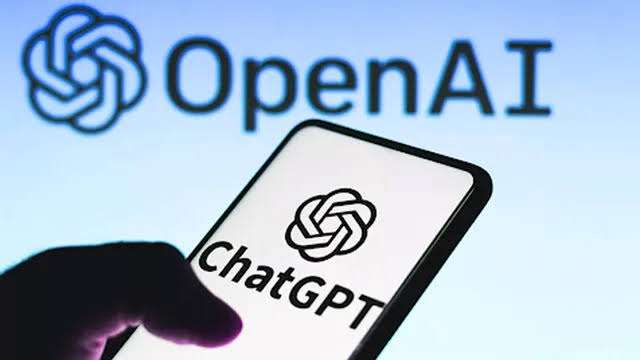OpenAI has unveiled an update to ChatGPT, introducing a new feature that enables the AI chatbot to carry out tasks on behalf of users.
Known as agent mode, the feature allows ChatGPT to “think” and “act” using its own virtual computer, combining language generation with action-oriented task execution.
Announced on Thursday, agent mode is already being rolled out to users subscribed to ChatGPT’s Pro, Plus, and Team plans.
“While agent mode opens up incredible possibilities, it’s also essential that users remain in control,” the company noted. “We’ve implemented strict limitations and oversight protocols to ensure the agent operates safely and responsibly.”
Users are advised to grant access on a task-by-task basis. For example, giving calendar permissions for scheduling meetings may be reasonable, but the company discourages unnecessary data sharing.
What You Should Know
With this upgrade, OpenAI says it moved beyond its roots as a conversational tool to become a task-completing agent.
In practical terms, users can now issue high-level instructions such as “Check my calendar and brief me on upcoming meetings” or “Plan and order ingredients for a Japanese breakfast for four,” and watch the AI handle the details.
According to OpenAI, the new feature integrates existing capabilities, such as Deep Research and Operator, OpenAI’s browsing and analysis tools, into a seamless action layer.
OpenAI added that, essentially, agent mode also gives ChatGPT the power not just to inform but to perform.
A New Battleground for Big Tech
The launch places OpenAI in direct competition with other tech giants that are similarly racing to redefine the digital assistant landscape.
Google is integrating comparable features into its Gemini AI platform, which also aims to execute user commands with limited input.
Meanwhile, Apple is reportedly developing a more powerful version of Siri that can interact with third-party apps and complete tasks, though its full rollout appears delayed.
By taking the lead with agent mode, experts say OpenAI is positioning ChatGPT as the first widely accessible AI tool with functional autonomy, moving the category beyond conversational novelty and into serious productivity territory.
The Rise of Autonomous Agents
The release of agent mode signals a broader shift in AI’s evolution. Analysts say the technology is moving into an era of autonomous task management, where bots can coordinate, organise, and act with minimal human involvement.
For many professionals, routine tasks like trip planning, administrative scheduling, content compilation, or online ordering could soon be handled almost entirely by AI, saving time, reducing friction, and increasing productivity.
For now, OpenAI appears to have the first-mover advantage. Tech researchers say the age of the hands-on AI assistant has officially begun, and the rules of engagement are still being written.
Talking Points
OpenAI’s introduction of agent mode is a proud moment for generative AI, taking ChatGPT from a passive conversational tool to an active digital assistant capable of executing tasks.
By giving ChatGPT a virtual computer, OpenAI has enabled it to “think” and “act” — a significant leap that allows users to issue complex prompts and receive multi-layered results in real time.
At Techparley, we see this as a crucial advancement in the evolution of task automation. For knowledge workers, creators, and busy professionals, the ability to delegate admin work to AI has now become a practical reality.
The integration of tools like Operator and Deep Research into one cohesive action layer means users don’t just get answers, they get outcomes. That’s a paradigm shift.
This move sets the stage for a new competitive frontier, where AI agents aren’t just helpful, but autonomous. In the long run, it could reshape how we interact with the internet, work, and personal productivity.
However, adoption and trust will depend on how well OpenAI communicates limitations, educates users, and safeguards against misuse. The technology is ready, but public confidence is still a work in progress.
Ultimately, this is more than just an upgrade. Agent mode signals the arrival of autonomous AI in everyday life and how we respond to it will shape the future of digital work.





